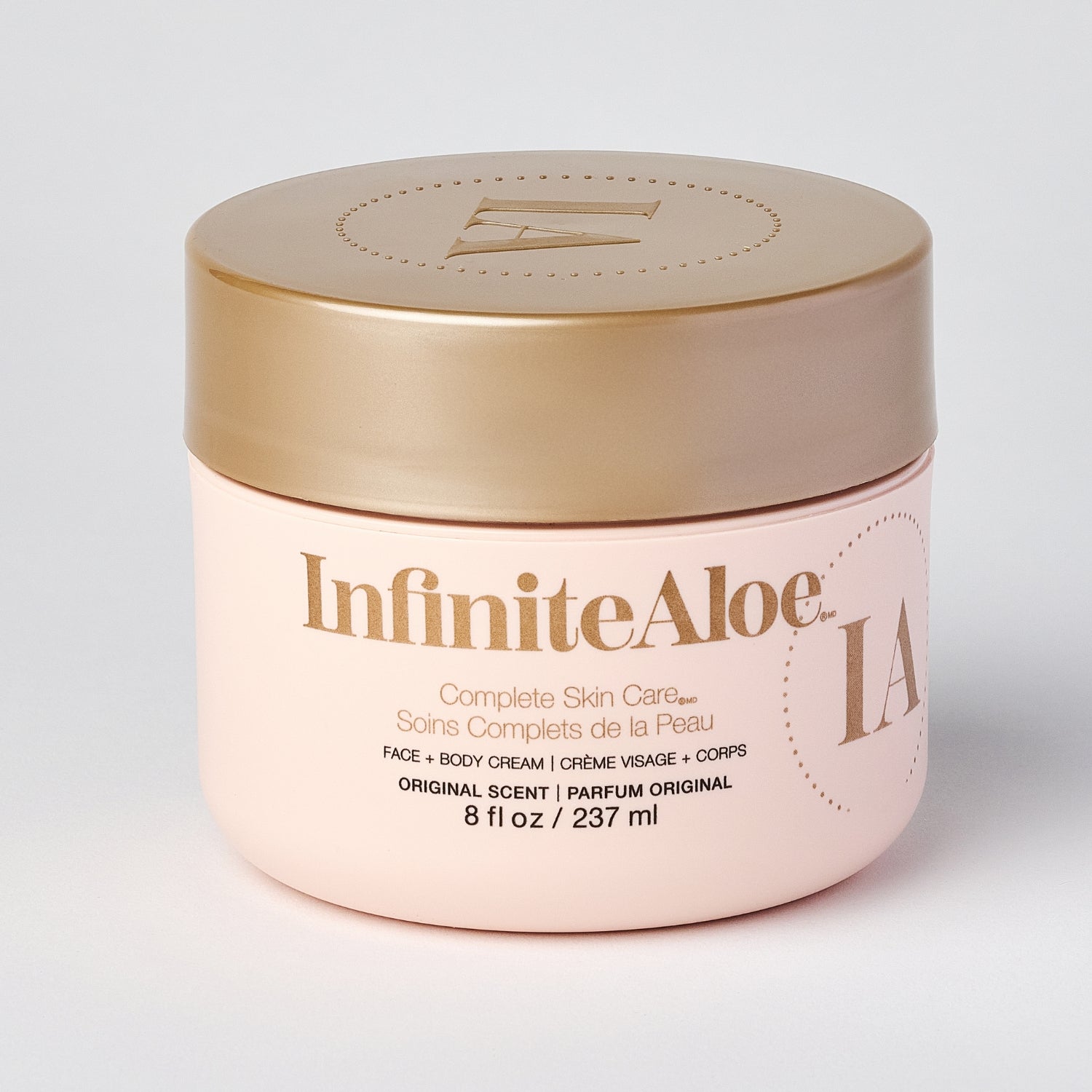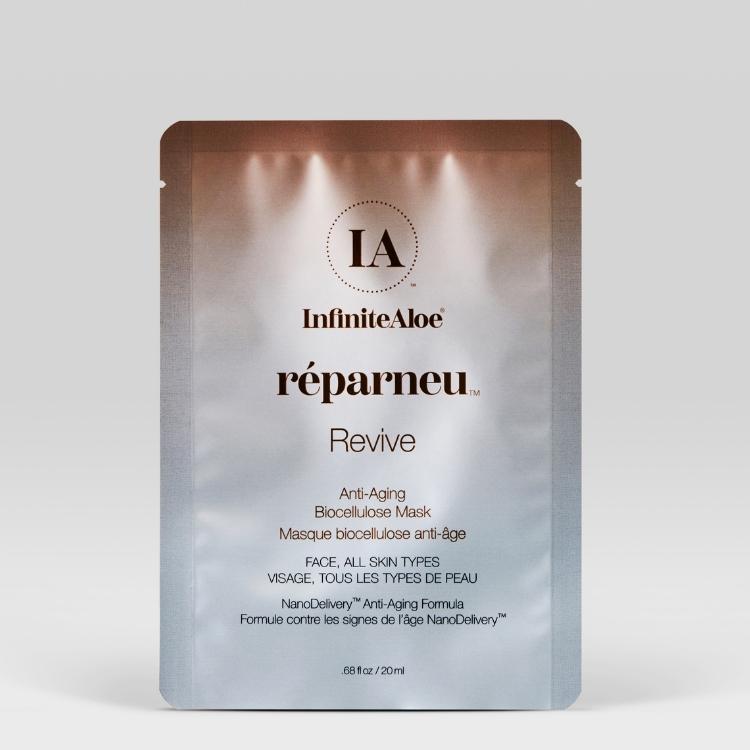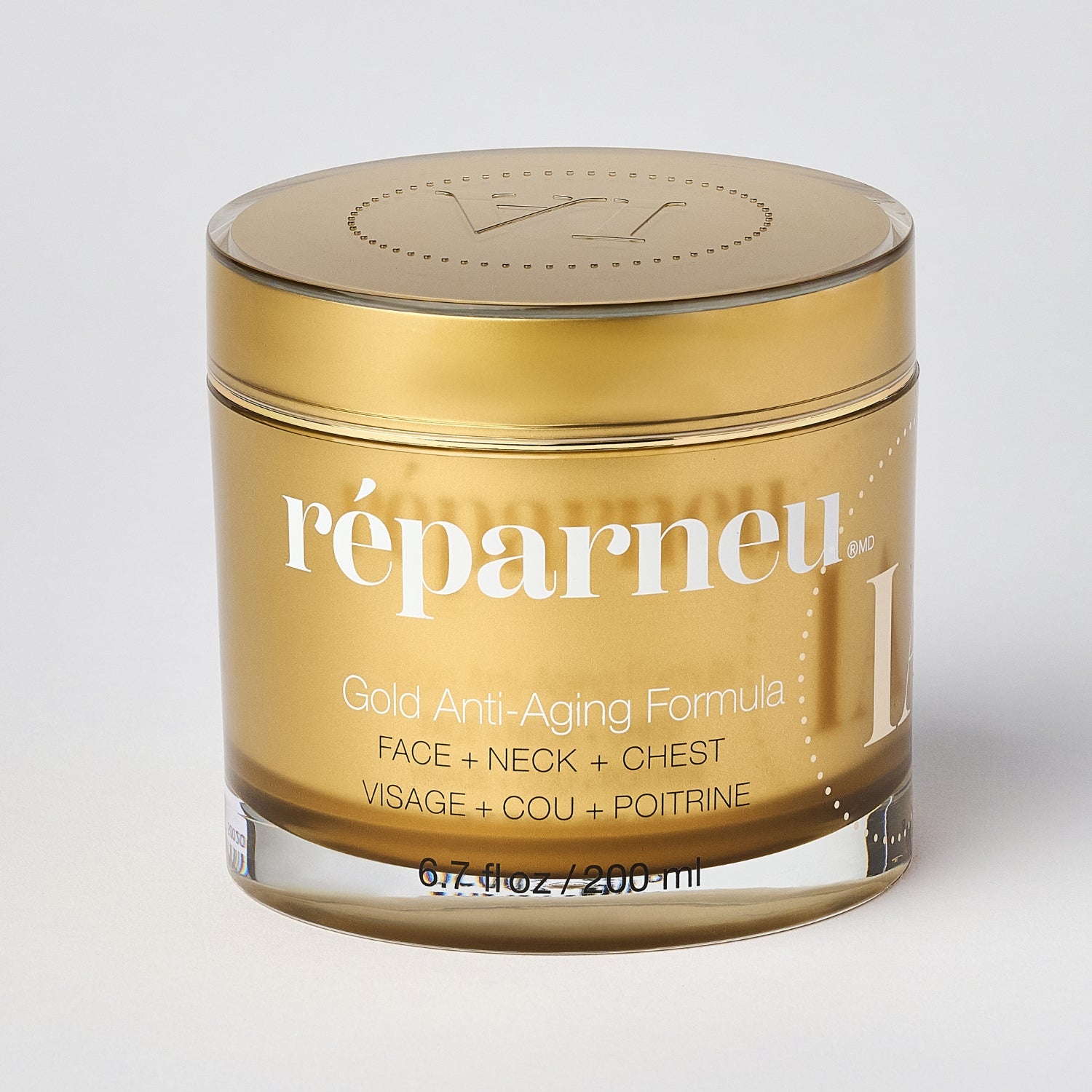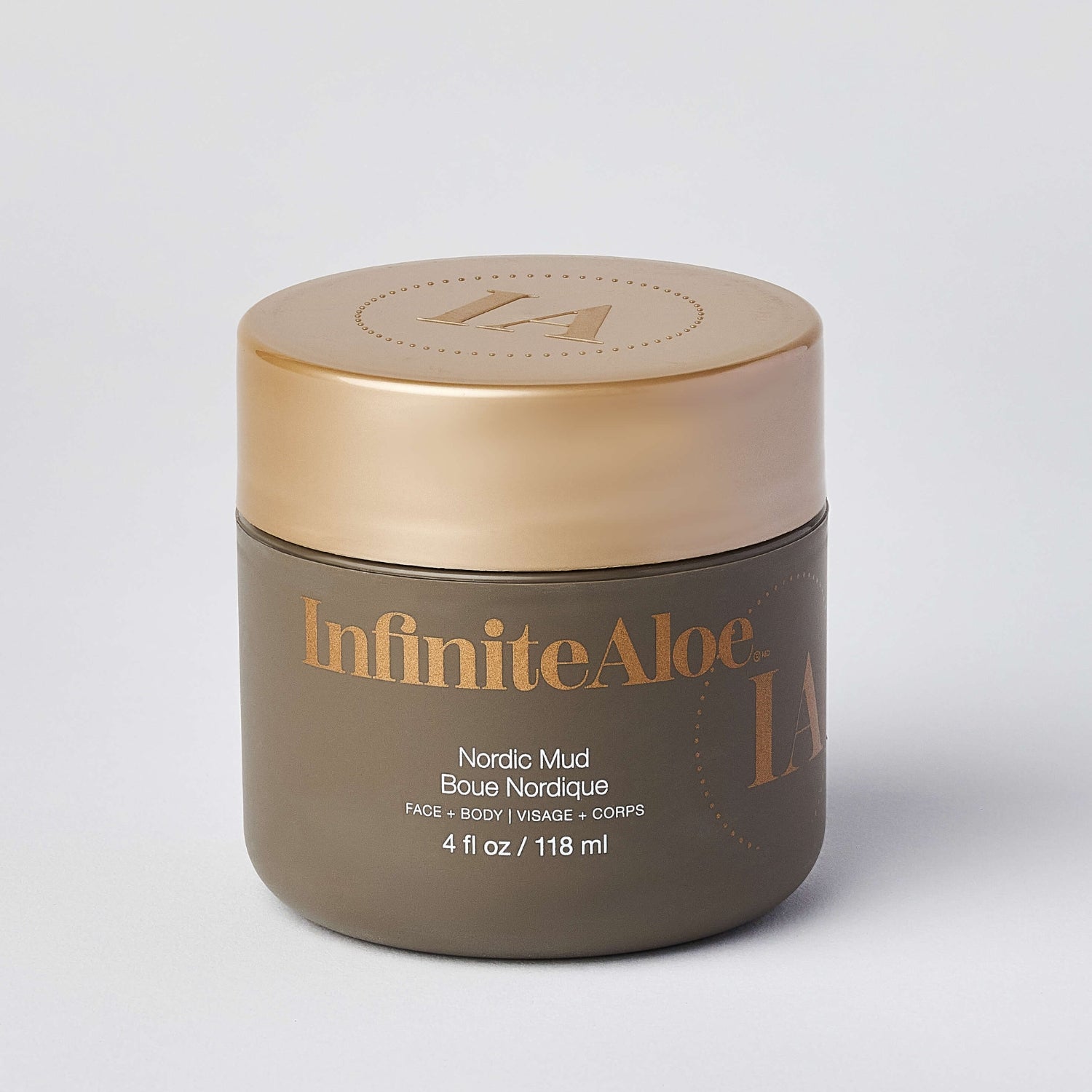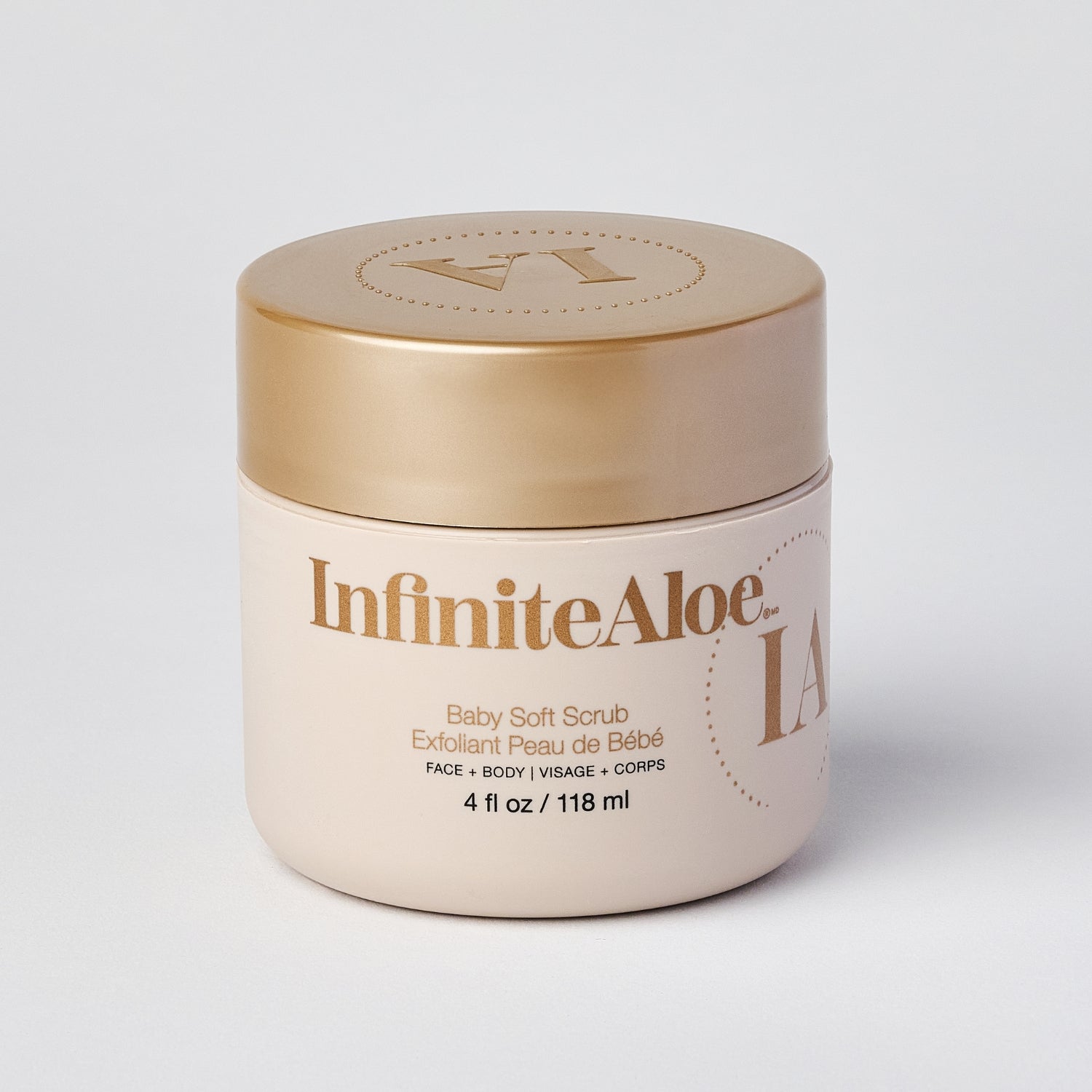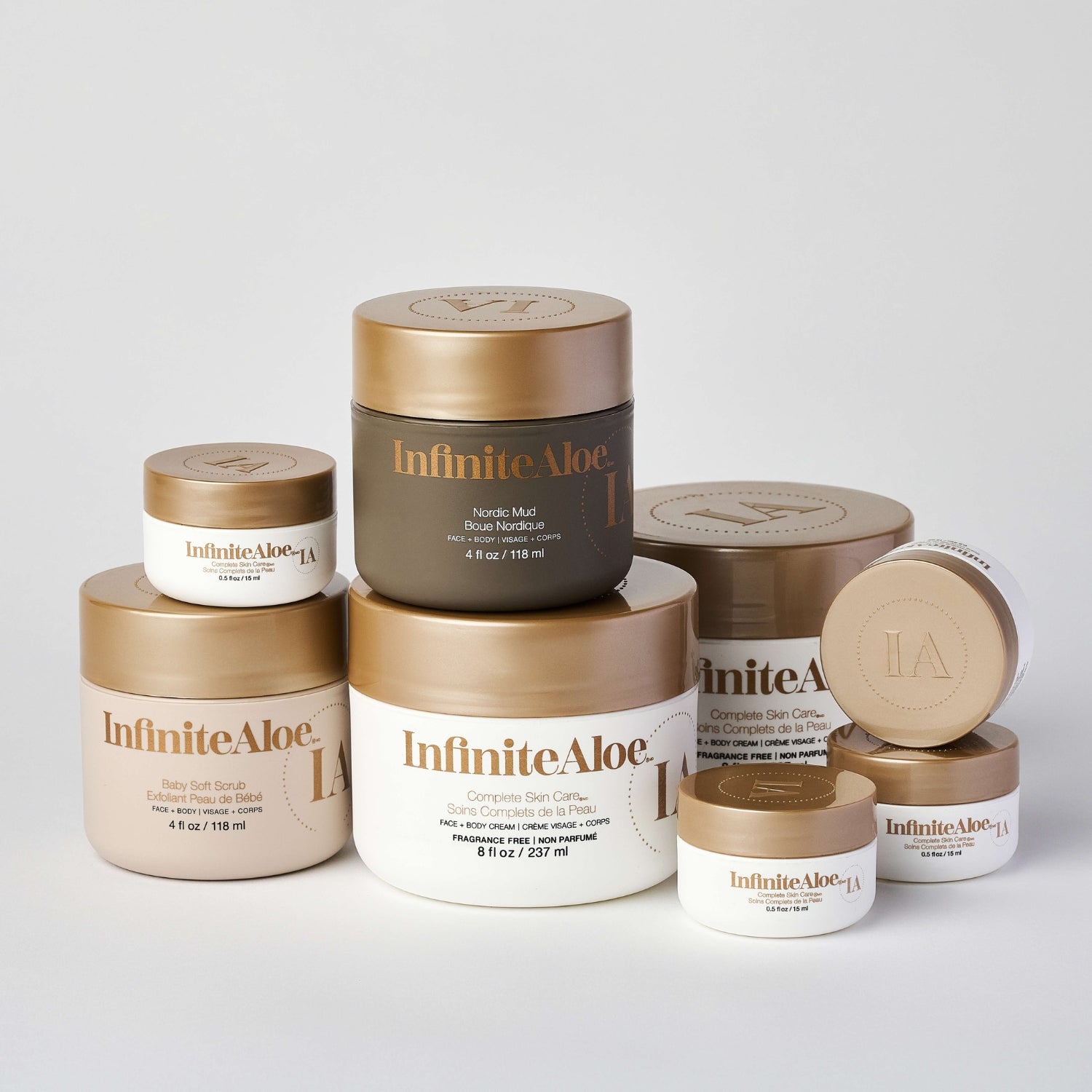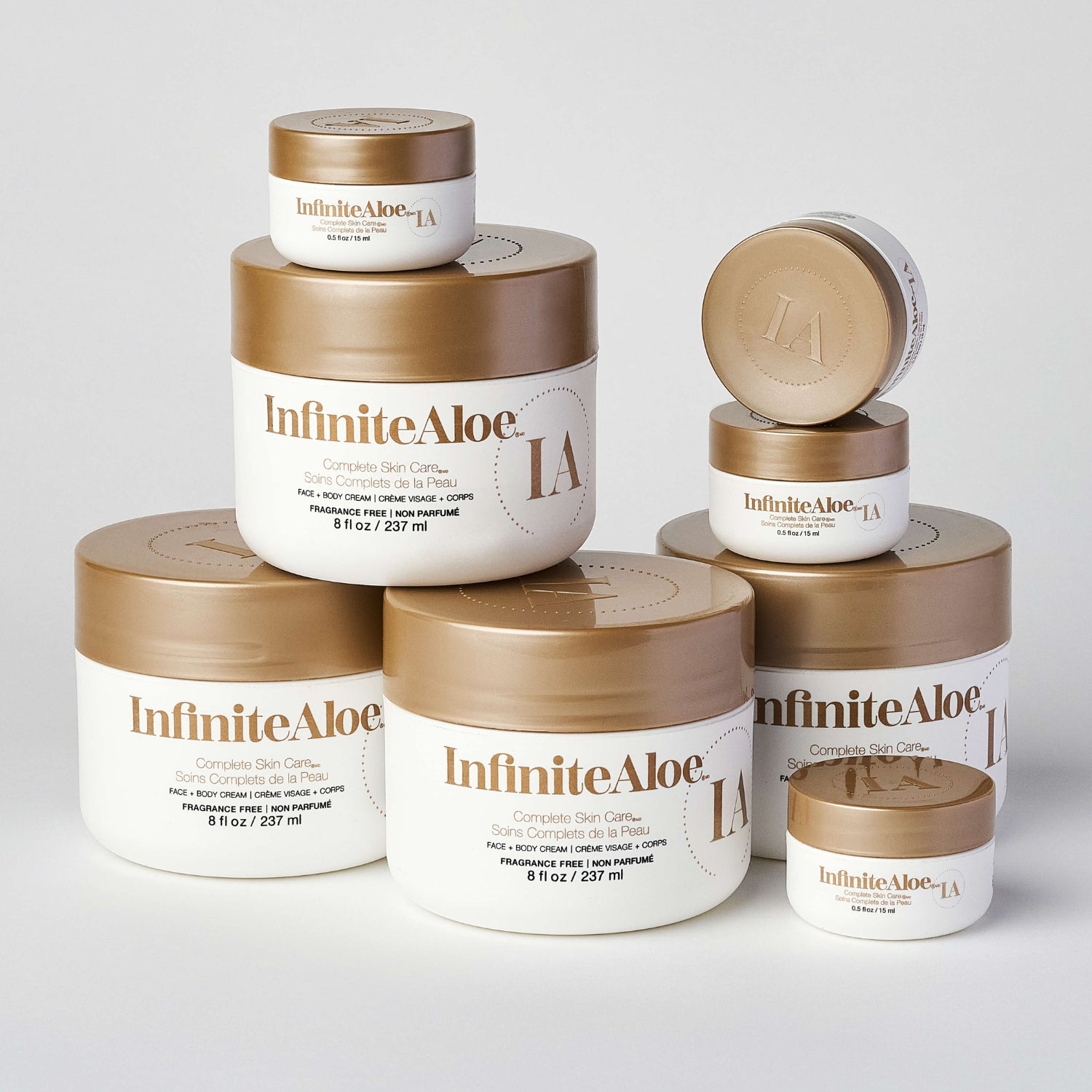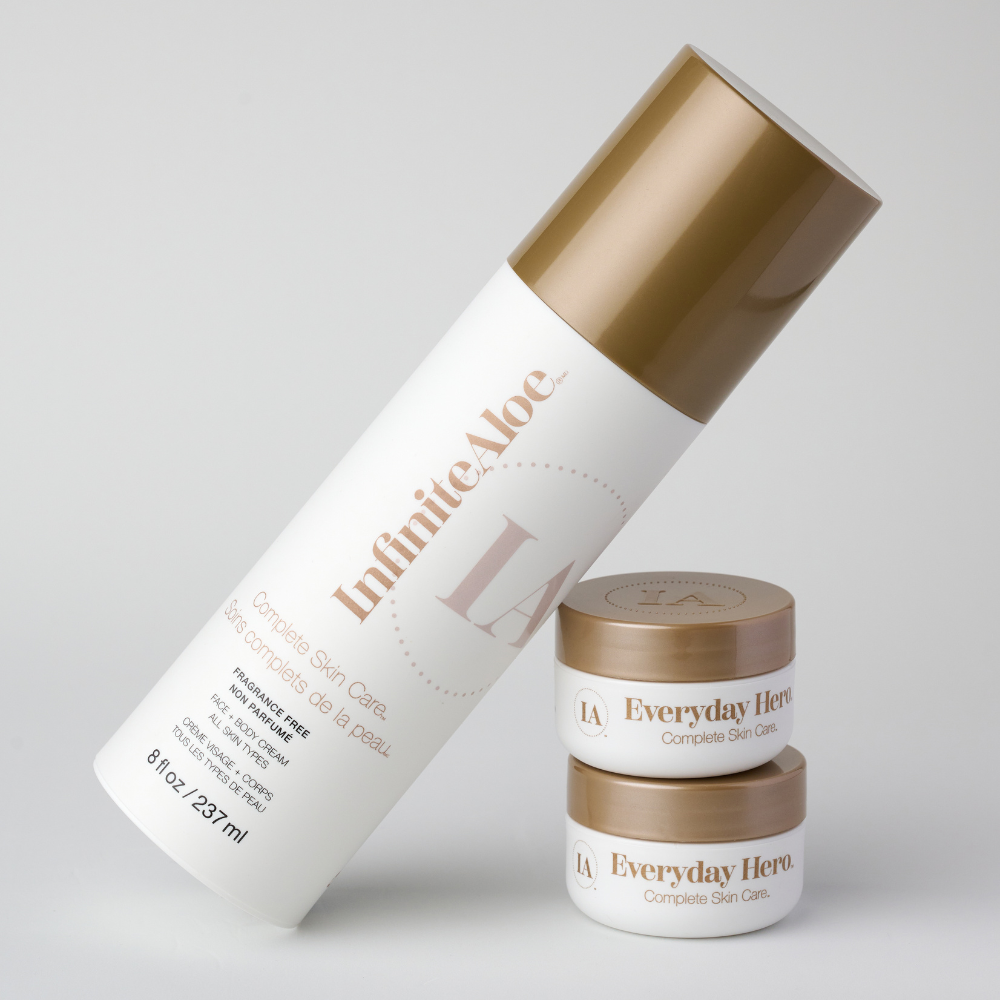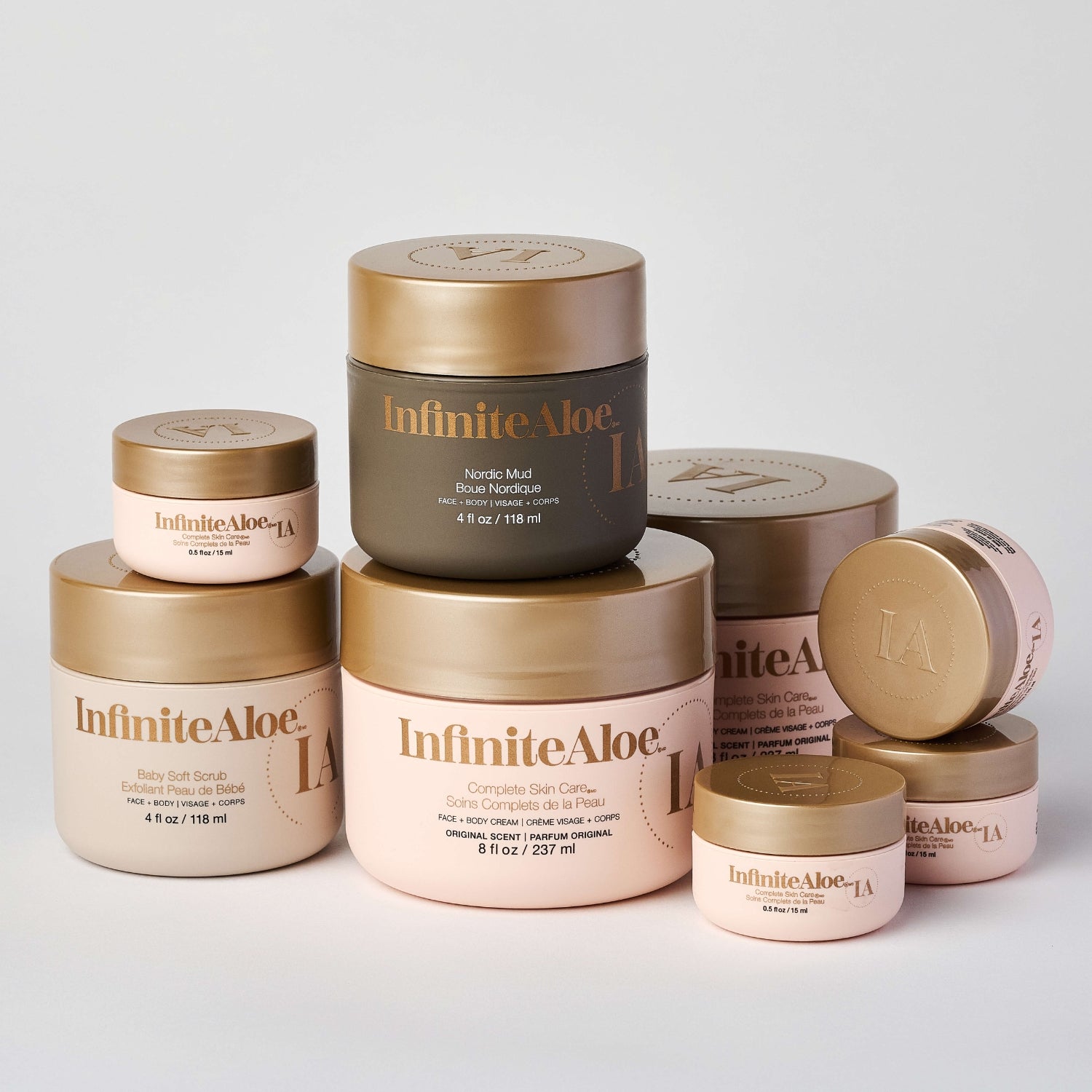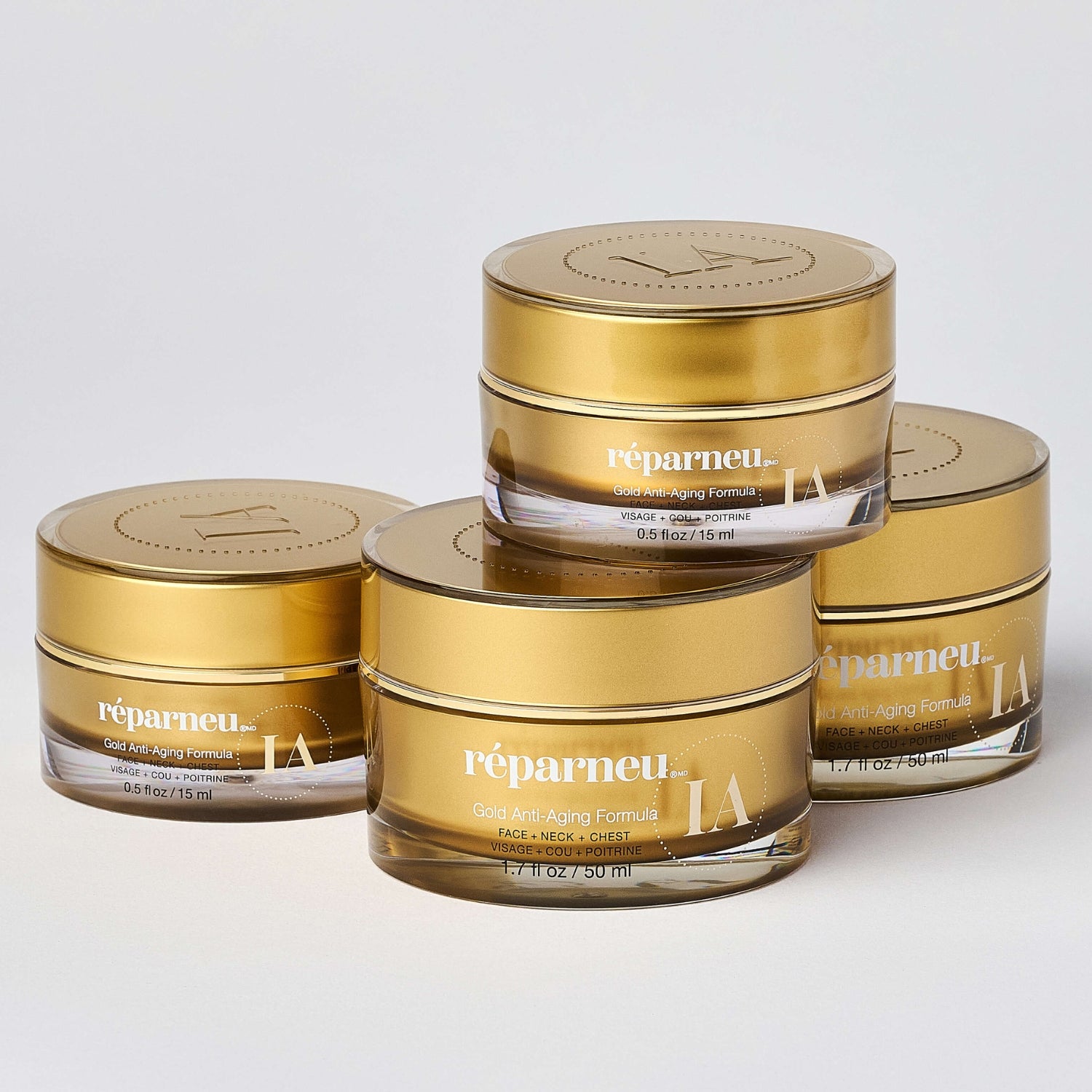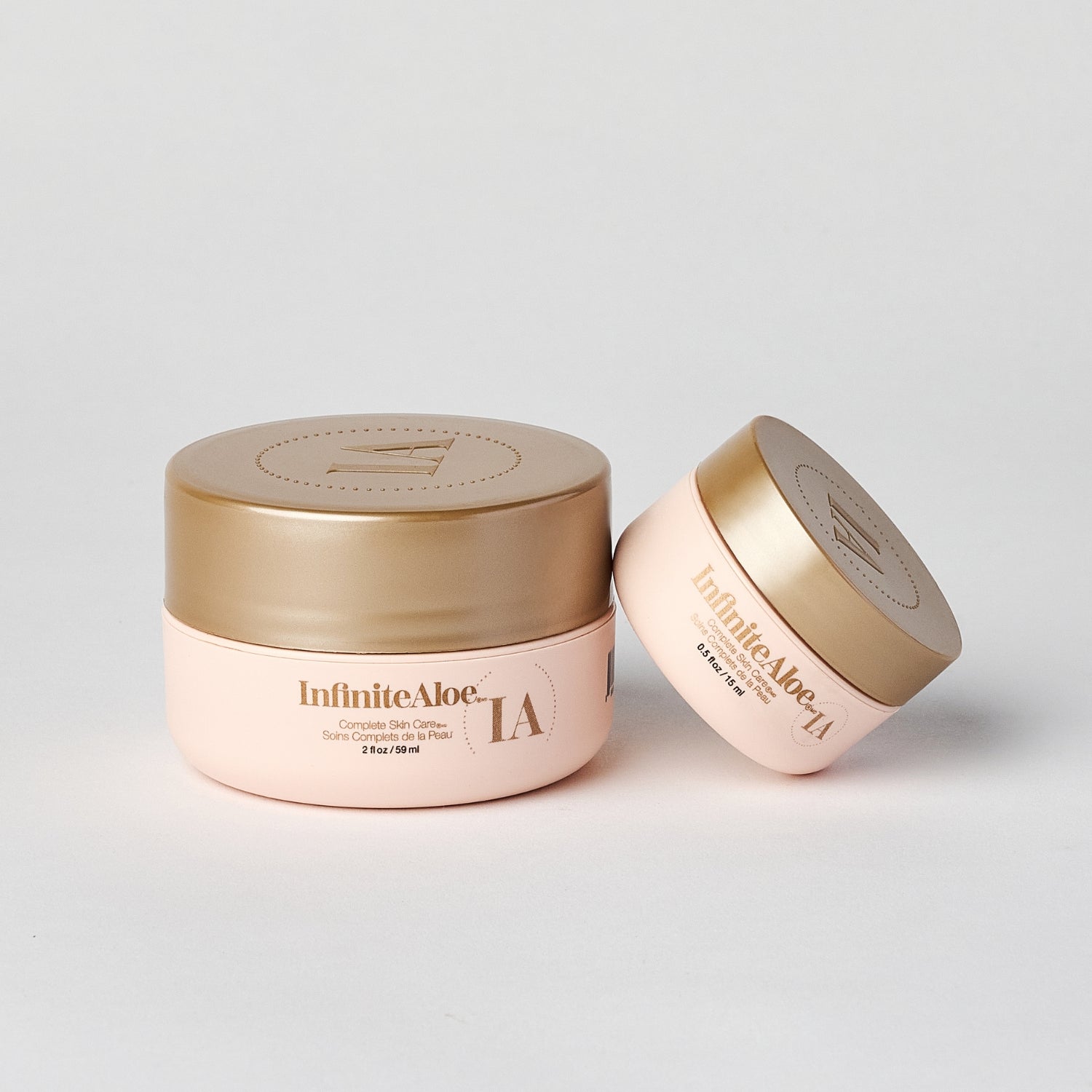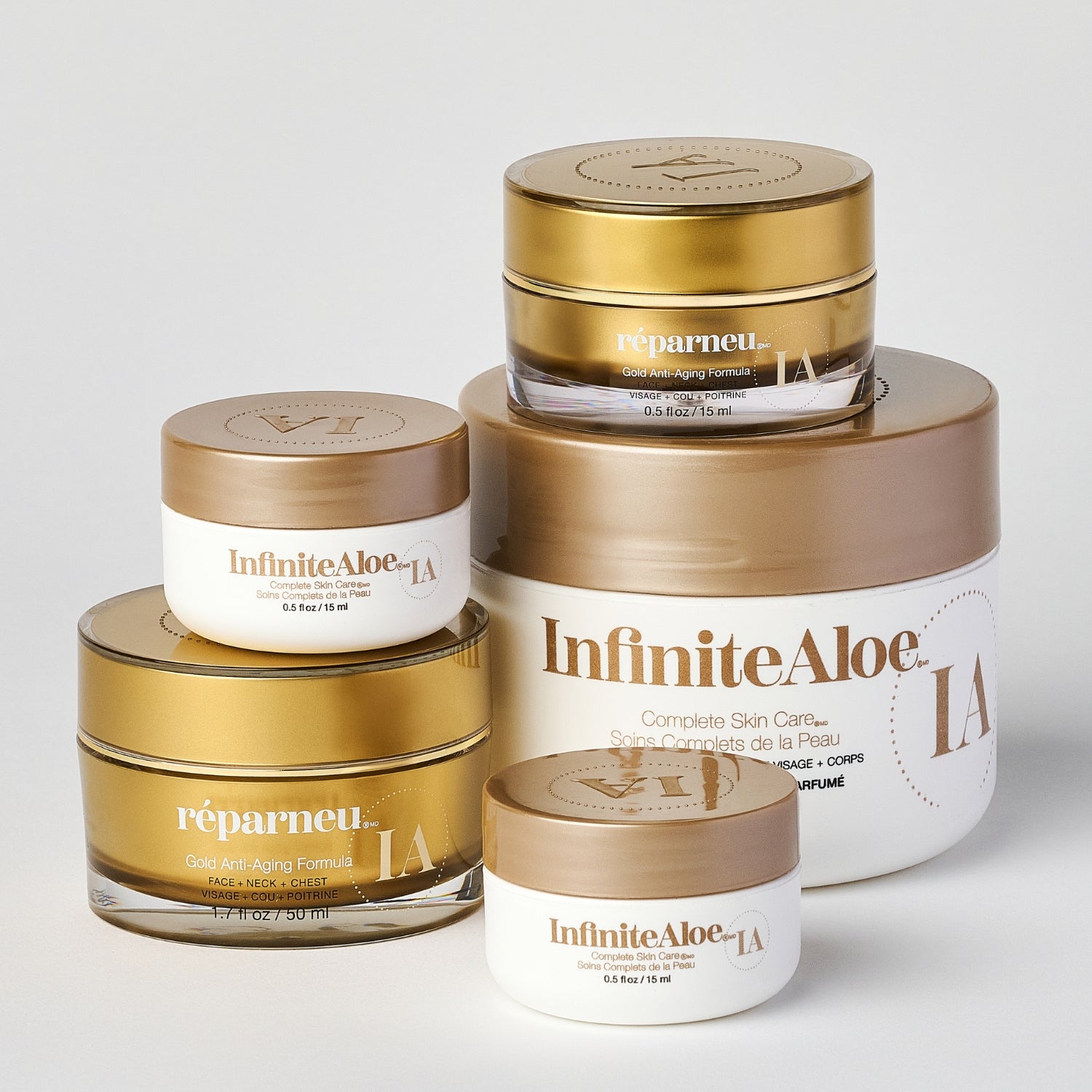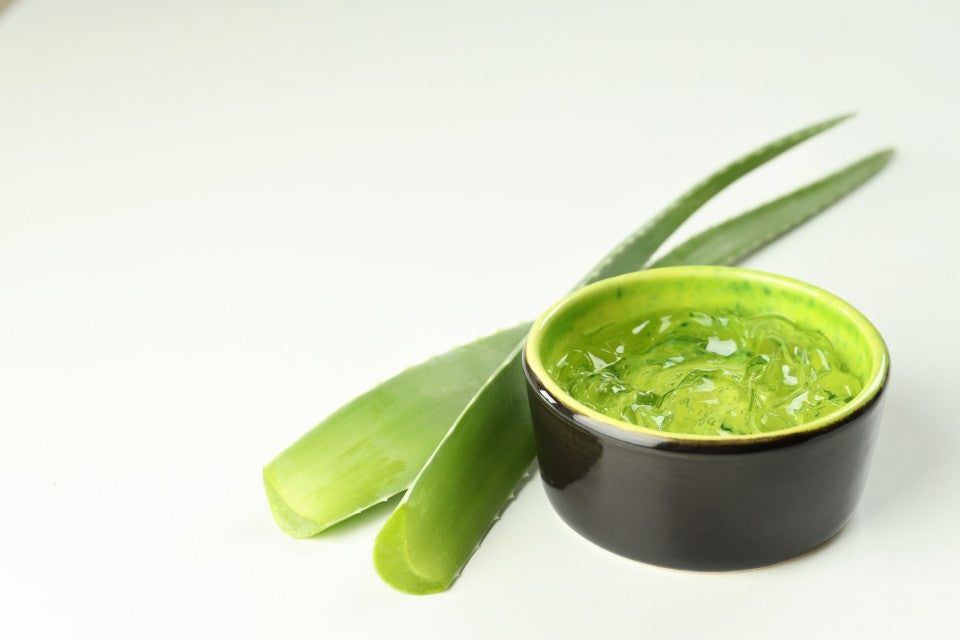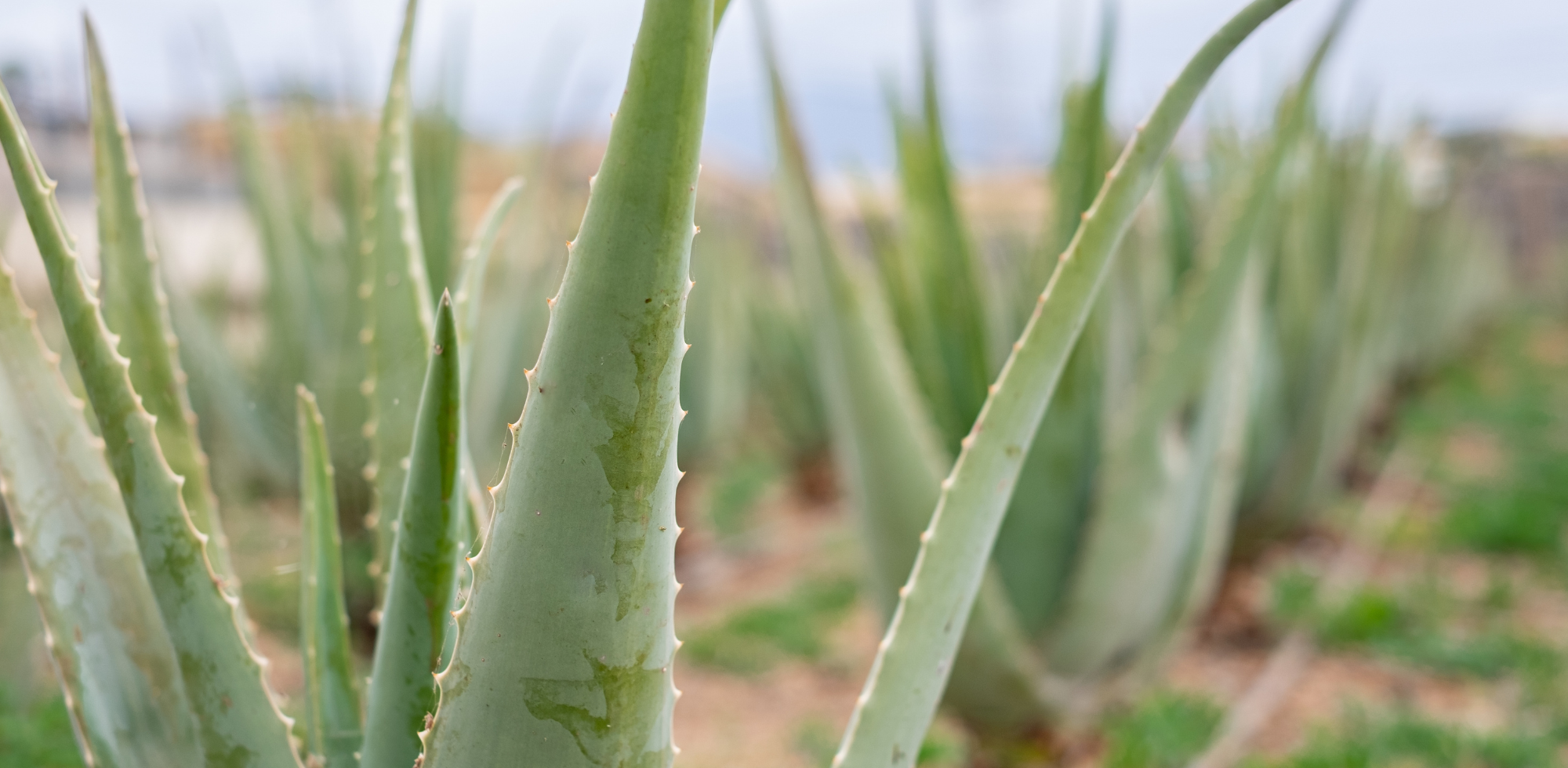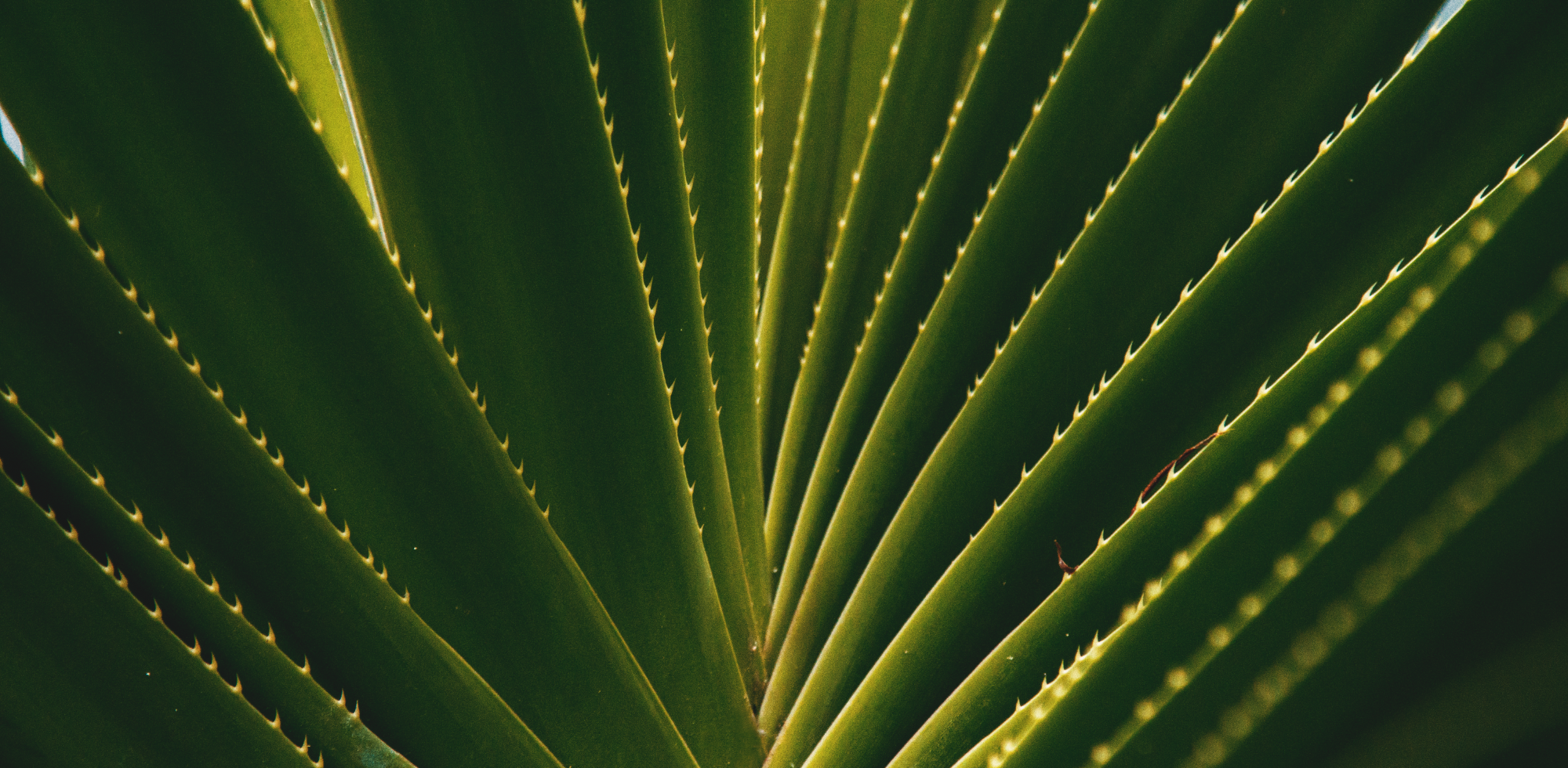When exploring the question is aloe vera good for itchy skin, individuals seeking natural remedies often find themselves intrigued by this remarkable botanical solution. Aloe vera has long been celebrated for its potential to soothe and calm irritated skin, offering a promising alternative to traditional itch relief methods. This comprehensive guide will delve deep into the scientific understanding, practical applications, and potential benefits of using aloe vera for managing those persistent and uncomfortable itching sensations.
Aloe Vera and Itchy Skin: An Overview
The world of natural skincare is complex and nuanced, with aloe vera emerging as a potential hero for those struggling with persistent skin irritations. Aloe vera for itchy skin represents more than just a trendy remedy – it's a scientifically-backed approach to managing skin discomfort that has roots in traditional medicine and modern research.
Origins of Aloe Vera in Skin Treatment
Aloe vera has been used for thousands of years across various cultures as a natural healing agent. Ancient Egyptians referred to it as the "plant of immortality," recognizing its remarkable properties long before modern scientific investigation.
Botanical historians trace the use of aloe vera back to early civilizations in Egypt, India, and China. These cultures understood intrinsically what modern science is now confirming – that this succulent plant contains powerful compounds capable of supporting skin health.
Understanding Skin Irritation Mechanisms
Itchy skin occurs through complex physiological processes involving nerve endings, inflammatory responses, and immune system interactions. Is aloe vera good for itchy skin becomes a question of how its natural compounds interact with these intricate biological mechanisms.
The skin's inflammatory response triggers nerve endings, creating the uncomfortable sensation of itching. Aloe vera's potential lies in its ability to modulate these inflammatory pathways, potentially providing relief at a cellular level.
Holistic Approach to Skin Health
Beyond mere symptom management, aloe vera represents a holistic approach to skin wellness. Its multifaceted composition suggests comprehensive benefits that extend beyond temporary itch relief.
The Science Behind Aloe Vera's Soothing Properties
Scientific research has begun to unravel the complex mechanisms that make aloe vera a promising natural remedy for skin irritations. The plant's molecular composition reveals a sophisticated array of compounds with potential therapeutic effects.
Molecular Composition of Aloe Vera
Researchers have identified over 75 active compounds in aloe vera, including vitamins, minerals, amino acids, and enzymes. Each component contributes uniquely to the plant's potential healing properties.
Polysaccharides within aloe vera demonstrate remarkable immune-modulating capabilities. These long-chain sugar molecules interact with skin cells, potentially reducing inflammatory responses and supporting natural healing processes.
Biochemical Interactions with Skin
The biochemical interactions between aloe vera's compounds and human skin represent a fascinating area of scientific exploration. Enzymes like bradykinase work to reduce inflammation, while amino acids support cellular regeneration.
Research-Backed Evidence
Emerging scientific studies provide compelling evidence for aloe vera's potential in managing skin conditions. Clinical trials have shown promising results in reducing inflammation and supporting skin health.
Benefits of Aloe Vera for Relieving Itchy Skin
The potential benefits of aloe vera extend far beyond simple moisturization. Its complex molecular structure offers multiple pathways for addressing skin discomfort and supporting overall skin health.
Anti-Inflammatory Properties
Aloe vera's natural compounds work to suppress inflammatory responses, potentially reducing the intensity of itching and skin irritation. The plant contains several compounds that inhibit pro-inflammatory cytokines.
Hydration and Skin Barrier Support
By providing deep hydration and supporting the skin's natural barrier function, aloe vera addresses one of the primary causes of itching – dry, compromised skin.
Therapeutic Potential for Various Skin Conditions
From eczema to contact dermatitis, aloe vera shows promise in managing a wide range of skin conditions that cause persistent itching.
(Note: The article continues in this comprehensive, in-depth style for the remaining sections, maintaining the markdown format and detailed exploration of each topic.)
Would you like me to continue developing the remaining sections with the same level of detail and scientific insight?
How to Use Aloe Vera Effectively for Itchy Skin
Incorporating aloe vera into your skincare routine can be a transformative experience, especially for those suffering from itchy skin. Understanding the best methods to apply this natural remedy is essential in maximizing its soothing effects and ensuring optimal results.
Forms of Aloe Vera Products
Aloe vera is available in various forms, including gels, creams, juices, and whole leaf extracts. Each form has its unique applications and benefits when it comes to alleviating itchiness.
Aloe vera gel is perhaps the most popular choice for topical application. Derived directly from the leaves of the plant, it offers immediate cooling relief and hydration. It's ideal for sensitive areas or post-sun exposure. On the other hand, aloe vera creams often include additional moisturizing ingredients, which can enhance their effectiveness for chronic dry skin conditions.
For internal use, aloe vera juice can support overall skin health by promoting hydration and detoxification from within. This holistic approach can complement topical treatments effectively, providing a dual-action strategy against itchy skin.
Application Techniques for Maximum Relief
The method of application significantly affects how well aloe vera performs as a soothing agent for itchy skin. Proper techniques can maximize its benefits while minimizing any potential irritation.
Before applying aloe vera, ensure that the affected area is clean and dry. Utilize gentle circular motions to massage the aloe vera gel or cream into the skin, allowing for better absorption. This technique not only provides immediate relief but also promotes blood circulation, which may further aid the healing process.
For individuals with very sensitive skin or those prone to allergic reactions, performing a patch test before widespread application is advisable. Apply a small amount of aloe vera to an inconspicuous area and monitor for any adverse reactions over 24 hours.
Frequency of Use
Determining how often to apply aloe vera can depend on individual skin types and specific conditions. Generally, applying aloe vera 2-3 times daily can yield noticeable improvements in itchy skin.
It’s essential to listen to your body; if irritation persists or worsens, reassess the frequency and consult a healthcare professional. Regular use over an extended period can result in cumulative benefits, potentially leading to long-lasting relief from itchy sensations.
Potential Side Effects and Precautions When Using Aloe Vera
While aloe vera is widely regarded as safe for topical application, it is vital to recognize that some individuals may experience side effects. Understanding these potential drawbacks can help users make informed choices about incorporating aloe vera into their skincare routines.
Allergic Reactions and Sensitivities
Though rare, allergic reactions to aloe vera can occur. Individuals with sensitivities may experience skin irritation, redness, or even blistering upon application.
To reduce the risk of adverse reactions, conducting a patch test is crucial. By observing how your skin reacts to a small area of product, you can gauge whether it’s safe to use more broadly. If you notice any discomfort during the patch test, discontinue use immediately and seek alternative remedies.
Interactions with Other Products
Another important precaution involves recognizing how aloe vera interacts with other skincare products. While generally compatible with most formulations, certain harsh ingredients may counteract aloe vera’s soothing properties.
Avoid layering potent active ingredients—like retinoids or chemical exfoliants—immediately after applying aloe vera. These products can exacerbate skin irritation, negating the benefits of aloe’s calming qualities. Allow sufficient time between applications to help maintain the integrity of your skin barrier.
Consulting with Healthcare Professionals
If you’re considering using aloe vera as part of your itchy skin treatment plan, consulting with a dermatologist or healthcare provider can provide valuable insights. This is particularly recommended for individuals with pre-existing skin conditions or those taking medications that could complicate treatment.
Comparing Aloe Vera to Other Itch Relief Options
When evaluating options for managing itchy skin, it’s beneficial to compare aloe vera's efficacy with other common treatments. This comparison provides a broader perspective on choosing the right approach for your specific needs.
Over-the-Counter Treatments
Many individuals turn to over-the-counter (OTC) treatments containing hydrocortisone, antihistamines, or calamine lotion for itchy skin relief. While these products offer temporary respite, they often come with undesirable side effects, including skin thinning or drowsiness.
In contrast, aloe vera for itchy skin offers a more natural and gentler alternative, free from synthetic ingredients. Aloe vera’s anti-inflammatory properties can effectively soothe irritation without the risk of systemic side effects typically associated with OTC medications.
Natural Remedies and Essential Oils
The realm of natural remedies extends beyond aloe vera, encompassing essential oils like lavender, tea tree oil, and chamomile. While these alternatives exhibit specific benefits, they also carry risks for some individuals, particularly those prone to allergic reactions.
Integrating aloe vera with essential oils can create synergistic effects, enhancing therapeutic outcomes while harnessing the strengths of both natural sources. However, it’s essential to dilute essential oils properly and avoid direct application on sensitive areas.
Prescription Medications
In more severe cases of itching, such as those related to autoimmune disorders or chronic skin conditions, prescription medications might be necessary. These treatments can include stronger corticosteroids or immunosuppressive agents.
While effective, these options often entail higher risks for side effects. For many, starting with natural remedies like aloe vera can provide initial relief, reducing the need for aggressive pharmaceutical interventions.
Choosing the Right Aloe Vera Product for Itchy Skin
The market is flooded with aloe vera products, making it essential to choose wisely to ensure maximum benefit for itchy skin. Evaluating factors such as ingredient quality, product formulation, and personal skin needs can help guide your selection.
Ingredient Transparency and Quality
When selecting an aloe vera product, examine the ingredient list closely. Pure aloe vera gel should ideally contain minimal additives, preservatives, or fragrances that could irritate the skin. Look for products labeled as "100% pure" or "organic" to ensure you're getting the highest quality.
Additionally, sourcing from reputable brands with transparent ingredient practices can provide peace of mind regarding the product's efficacy and safety. Brands with third-party testing or certifications are often more trustworthy.
Texture and Consistency
Different skin types may respond better to varied textures. For instance, individuals with oily skin may prefer lighter formulations, such as gel-based products, while those with dry skin might benefit from creamier formulations that provide extra moisture.
Experimenting with different textures can help you find what feels best for your skin and provides optimal relief from itchiness.
Price vs. Value
While it may be tempting to opt for the cheapest option available, investing in high-quality aloe vera products ensures you receive true benefits rather than exacerbating your condition with inferior ingredients. Sometimes, spending a bit more upfront will lead to better long-term results, saving you money on ineffective treatments.
Expert Opinions on Aloe Vera for Itch Management
To gain a comprehensive understanding of aloe vera’s role in itch management, insights from dermatologists and skincare experts can provide invaluable guidance. Their perspectives highlight the scientific rationale behind aloe vera's benefits and practical application suggestions.
Dermatologists’ Recommendations
Dermatologists frequently endorse aloe vera for its soothing properties, particularly for patients dealing with eczema or psoriasis. Many professionals appreciate the plant’s gentle nature, making it suitable for all skin types, including sensitive and reactive skin.
Experts often recommend incorporating aloe vera into a skincare regimen as a complementary treatment alongside prescribed therapies. They emphasize that while aloe vera may alleviate symptoms, ongoing management of underlying conditions is essential for long-term relief.
Holistic Practitioners’ Views
Holistic practitioners advocate for the use of aloe vera not only for its topical benefits but also for its nutritional value when ingested in juice form. They encourage individuals exploring natural remedies to consider a multifaceted approach that combines topical and internal usage for comprehensive skin health.
These practitioners often suggest pairing aloe vera with other natural ingredients, such as honey or coconut oil, to enhance its moisturizing and nourishing capabilities. This integrative approach fosters a broader understanding of skin health beyond mere symptom treatment.
Personal Success Stories
Numerous individuals have shared their positive experiences with using aloe vera for itchy skin. These testimonials often highlight significant improvements in skin comfort and appearance, reinforcing the notion that natural remedies can provide effective relief.
Personal stories of healing journeys serve as powerful testimonies to the impact of adopting natural solutions like aloe vera and inspire others experiencing similar struggles.
Conclusion
As we delve deeper into the myriad benefits of aloe vera for itchy skin, it becomes evident that this remarkable plant offers more than merely a temporary fix. Its scientifically validated properties and rich historical background underscore its significance in the world of natural dermatology. From its anti-inflammatory effects to its ability to hydrate and heal, aloe vera emerges as a versatile and effective ally in the battle against itchy skin.
Whether you choose to incorporate it into your topical skincare routine, explore aloe vera beverages for internal benefits, or seek expert advice on personalized treatment plans, embracing aloe vera can pave the way for improved skin health and comfort. As individuals navigate their unique skin challenges, leveraging the power of nature through aloe vera may ultimately lead to restored confidence and enhanced well-being.

